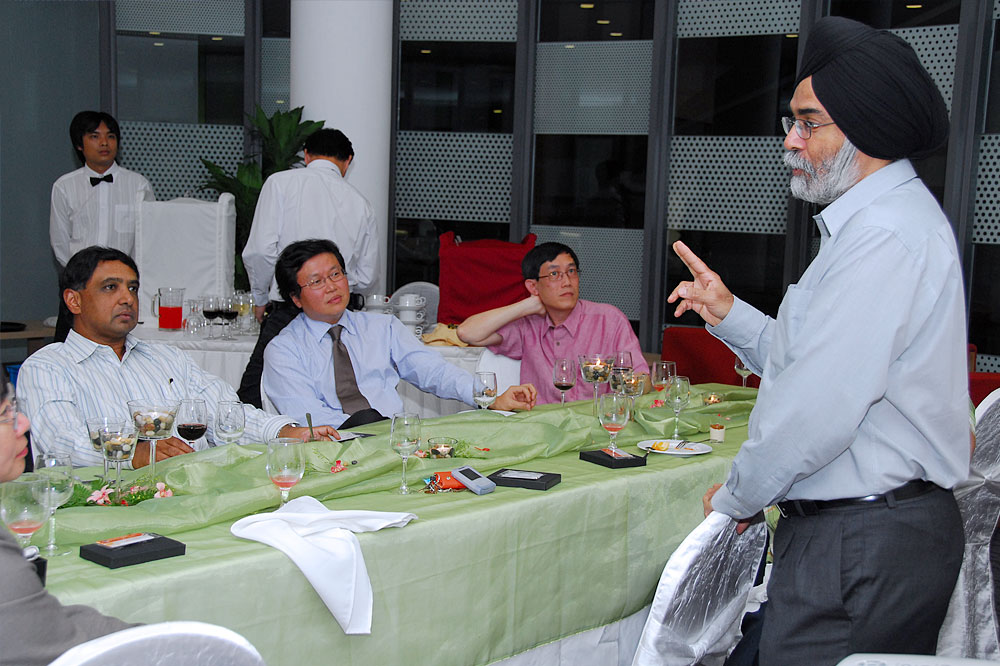With Teachers’ Day coming up, we present a two-part series on the teaching-learning experience in a tertiary setting. Here in part one, we have Professor Kulwant Singh, Department of Strategy & Policy, who is former interim Dean and Deputy Dean, and frequent winner of teaching excellence awards in NUS, share his thoughts on the perspective of a teacher, on winning the classroom.

Four Tips for Success in a University Classroom

1. Be a partner, not customer
Education is about helping students develop – they need something from teachers who have a set of solutions, some of which may work for them. Thus, it is not a one-way street. The teacher-student relationship needs to be a partnership to enable constructive learning and development.
Be mindful about your learning approach and interests so that you can share them with your teachers. This will enable them to understand your motivations, design their teaching to allow you to learn, while also encouraging the pursuit of personal interests.
2. Theory is your friend
Many students and business leaders view theory negatively, as being academic and therefore, of little practical value. Instead, they appreciate current stories and trends, event recent faddish ones, which suggest that the instructor is current and on top of things.
Effective learning means understanding underlying causal mechanisms, not their most visible or recent symptoms. Theories are efforts to establish cause and effect, arising from extensive study of business. Though far from complete, they offer valuable insights that improve understanding of business.
With the business world changing rapidly, recent stories and fads are transient. Instead, well-developed theory, applied to a range of contexts, will help students recognize and deal with challenges and change.
3. Develop judgement
The most important quality of effective leaders in complex situations is good judgement.
To develop your judgement, engage in discussions that will push yourselves to make difficult decisions that require choices when there are not dominant solutions.
The class is ideal for Socratic questioning and the discussion of complex cases. Focus on the best process of arriving at a decision, rather than on trying to identify the “right answer”.
4. Listen, then push your opinion
The class must be a democracy, in which all students should believe they have a right to express their opinion.
While it is good to have personal views, experiences that support them and opinions of what works best, it is just as important to listen and consider other perspectives.
Teachers are so for a reason: most know their subjects better than their students, having developed their knowledge and judgement over many years of teaching and learning. Therefore, it is only correct that they push their views, and potentially a useful answer.
While you may not necessarily accept it, hearing a different viewpoint may help inform and shape your opinion.


